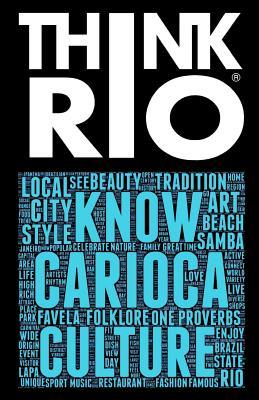According to Riccardo Giovanni, creator of the I LOVE RIO project and chief editor of THINK RIO, "Eu amo Rio," meaning "I love Rio," is an important local expression and a key part of Rio's culture, therefore the phrase "I Love Rio" was chosen as the name and symbol of the project and translated in dozens of languages, divulging a message of pride for Rio de Janeiro.
Written by a team of writers and researches from Rio and abroad, THINK RIO is an extension of I LOVE RIO.
With thousands of pages of content and photographs, the ILoveRio.com portal garnered the endorsement of over 40 Brazilian institutions at the Municipal, State and Federal levels, while remaining an independent platform.
On July 26th 2016, the site was launched via an unprecedented ceremony, when the I Love Rio symbol was projected on the iconic monument of Christ the Redeemer.
"This was an historical honor that captured global media attention, and officially added the portal to the touristic and cultural landscapes of Rio," adds Giovanni.
"This city is truly beautiful, with incredible scenery," explains Giovanni, "but the real beauty is discovered when people can understand, even just a little, local customs."
The editor emphasizes that "properly and completely defining any culture or social structure is almost impossible: in our descriptions we provide generalizations meant to give a glimpse into certain aspects of the local way of life. We do this with the deepest respect and appreciation for the welcoming and charming nature of the people of Rio de Janeiro."
Giovanni reckons that "Cariocas, as the inhabitants of Rio are called, are people who I believe have discovered a magic philosophy for life, where cultural integration, family, friends, love, music, good humor and optimism become a solution to the many problems of our times. THINK RIO helps everyone understand the city, but it is also a chance for spreading globally some aspects of a precious culture."
"Most tourists arriving in Rio already know about Copacabana and Ipanema Beach, but almost none of them know the etiquette for the sands and streets. There are plenty of guides about Rio, but a book like ours was still missing," comments Giovanni.
"Rio is a city that never left me one day without friends, or one night without music. If the world were a bit more Carioca, perhaps we would live in a better world," concludes Giovanni.














